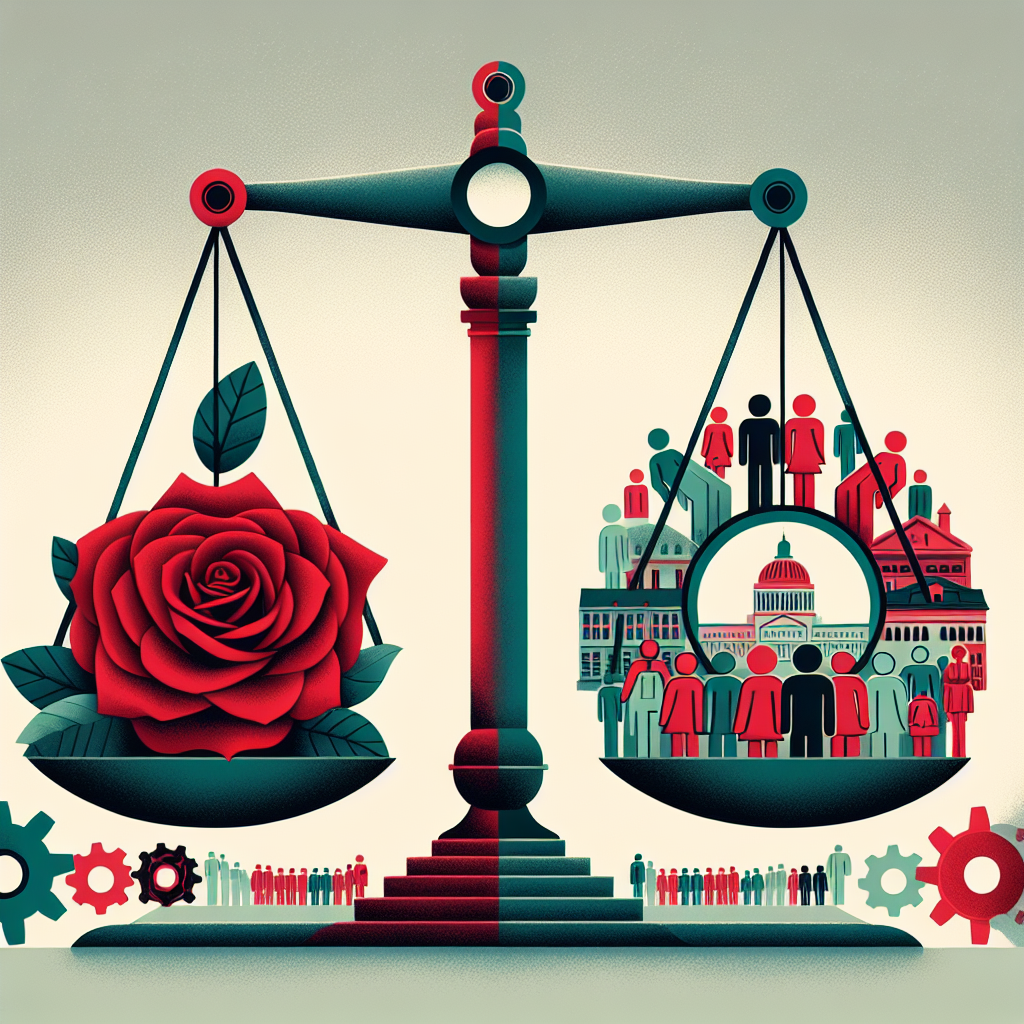Incredible Stories of Innovation That Changed Industries
Innovation is the lifeblood of progress, driving industries forward and transforming how we live, work, and connect. Throughout history, there have been pivotal moments where groundbreaking ideas revolutionized entire sectors, leaving a lasting impact on society. In this blog post, we’ll explore some of these incredible stories of innovation that changed industries forever. From the steam engine to the smartphone, these tales of ingenuity remind us of the power of human creativity and perseverance.
Table of Contents
1. The Steam Engine: Igniting the Industrial Revolution
2. The Printing Press: Revolutionizing Communication
3. The Assembly Line: Transforming Manufacturing
4. The Internet: Connecting the World
5. The Smartphone: Redefining Communication
6. Conclusion
7. FAQs
The Steam Engine: Igniting the Industrial Revolution
The story of the steam engine is one of the most iconic examples of innovation sparking an industrial revolution. In the late 18th century, James Watt improved upon the existing Newcomen steam engine, making it more efficient and versatile. This advancement paved the way for steam power to become the driving force behind the Industrial Revolution, transforming industries such as textiles, mining, and transportation. The steam engine not only enhanced productivity but also led to the development of railways, which changed the landscape of trade and travel. 🚂
The Printing Press: Revolutionizing Communication
Before the invention of the printing press, books were laboriously handwritten, making them expensive and rare. In the mid-15th century, Johannes Gutenberg’s printing press changed all that. By introducing movable type, Gutenberg revolutionized the way information was disseminated. This innovation made books more accessible, spreading knowledge and ideas across Europe and beyond. It played a crucial role in the Renaissance, the Reformation, and the Scientific Revolution, proving that the power of the written word could ignite intellectual and cultural transformations. 📚
The Assembly Line: Transforming Manufacturing
In the early 20th century, Henry Ford introduced the assembly line to automobile manufacturing, forever changing the industry. By breaking down the production process into a series of simple, repetitive tasks, Ford drastically reduced the time and cost needed to produce a car. This innovation made automobiles affordable for the average person, democratizing transportation and fueling the growth of the American economy. The assembly line concept has since been adopted across various industries, highlighting the profound impact of streamlining production processes. 🚗
The Internet: Connecting the World
The creation of the Internet stands as one of the most significant innovations of the 20th century. Initially developed as a means of communication for the U.S. Department of Defense, it quickly expanded beyond military applications. By the late 20th century, the Internet had become a global network, transforming how we access information, communicate, and conduct business. It has given rise to new industries, such as e-commerce and social media, and has fundamentally reshaped existing ones. The Internet’s influence on society is immeasurable, connecting people across the globe like never before. 🌐
The Smartphone: Redefining Communication
In the 21st century, the smartphone has emerged as a revolutionary innovation, reshaping the way we communicate and access information. Combining the functionality of a computer, phone, camera, and so much more, smartphones have become indispensable in our daily lives. With the advent of apps and mobile internet, they’ve transformed industries from retail to entertainment, providing us with tools to work, socialize, and entertain ourselves on the go. The smartphone is a testament to how technology can converge to create a device that fits in our pockets yet holds the world at our fingertips. 📱
Conclusion
These incredible stories of innovation remind us of humanity’s ability to dream big and transform those dreams into reality. Each of these innovations has not only changed industries but also touched lives in profound ways, altering how we interact with the world. As we continue to push the boundaries of what’s possible, who knows what the next great story of innovation will be? The future is full of endless possibilities. 🚀
FAQs
Q: What is the most impactful innovation in history?
A: While it’s difficult to pinpoint a single most impactful innovation, the printing press, steam engine, and the Internet are often cited as transformative breakthroughs.
Q: How does innovation affect industries?
A: Innovation can increase efficiency, reduce costs, create new markets, and shift competitive dynamics within industries.
Q: What role does innovation play in society?
A: Innovation drives economic growth, improves quality of life, and addresses societal challenges by providing new solutions and opportunities.
Q: How can companies foster innovation?
A: Companies can encourage innovation by fostering a culture of creativity, investing in research and development, and being open to new ideas and collaboration.





Leave a Reply
You must be logged in to post a comment.